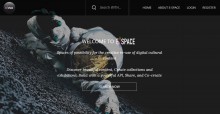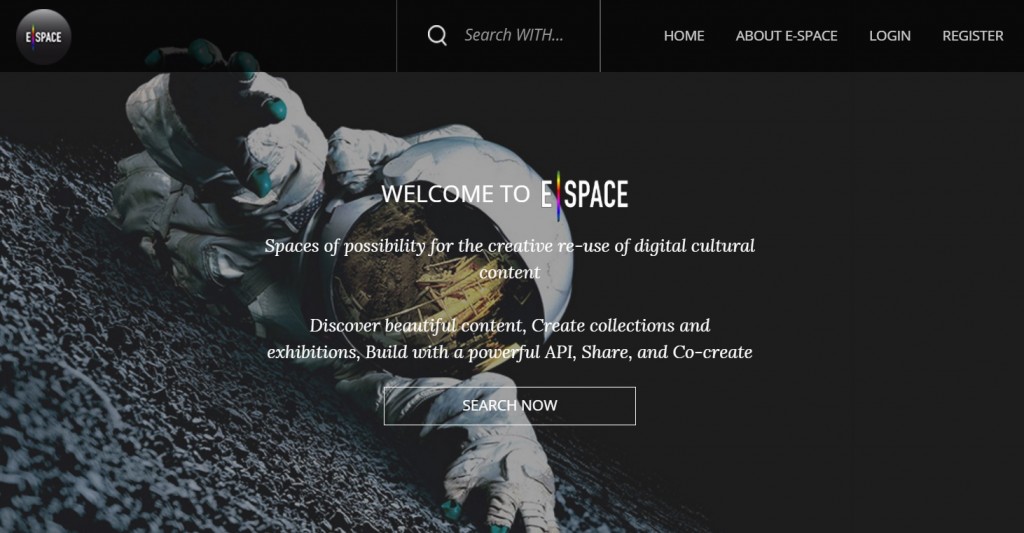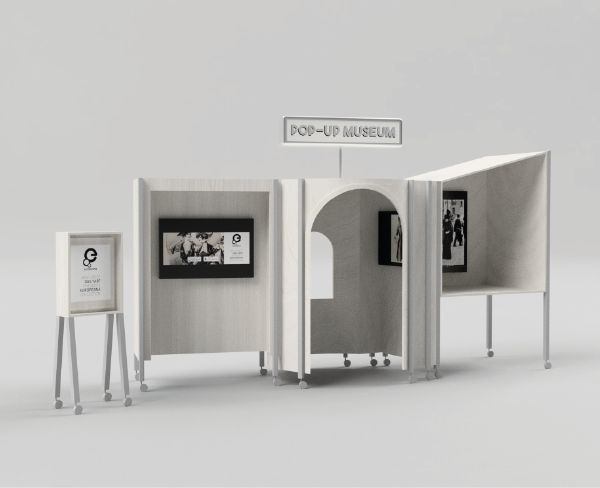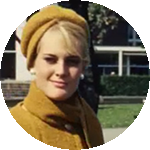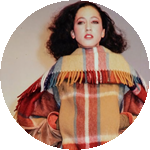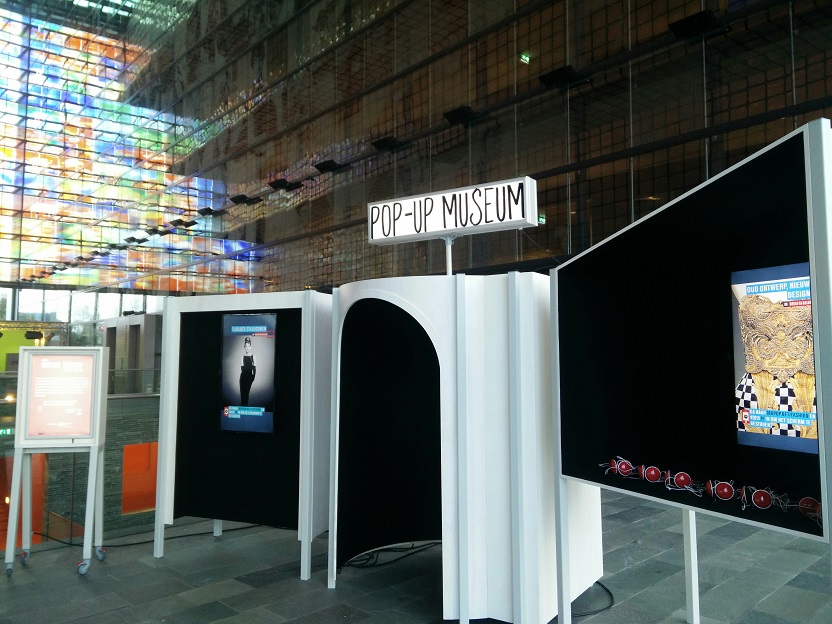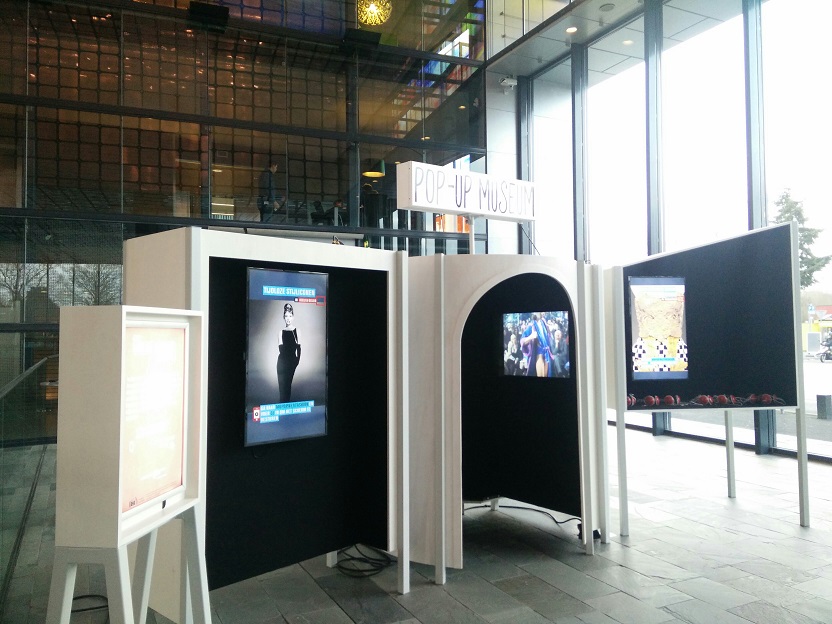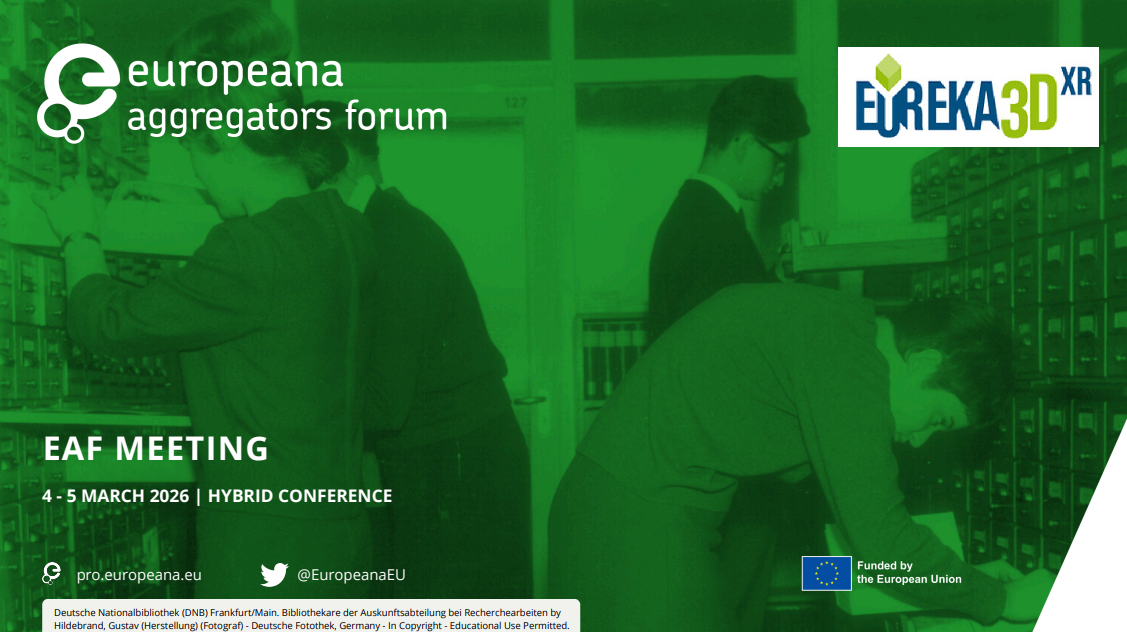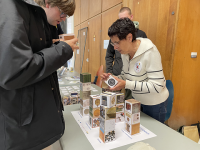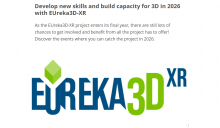Building on the existing strong ties between our organisations, the Open Preservation Foundation (OPF) and BitCurator Consortium (BCC) are pleased to announce a discount trial membership opportunity that offers its members a 10% discount off annual membership fees.
From 1 January 2017, members of the OPF will receive a 10% discount on membership fees when they join the BCC for a year long trial membership, and BCC members will receive a 10% discount when they join the OPF. The offer runs from one year to 31 December 2017.
Ross King, Chair of OPF, Austrian Institute of Technology said:
”The OPF and BCC share a common goal to provide reliable, open source software to support the preservation of digital objects for the long-term. We welcome applications from existing members, as well new organisations who are interested in joining a growing community benefiting from open source tools and resources.”
Matthew Farrell, President of BCC, Duke University said:
”We are delighted to build upon our existing partnership – the BCC and OPF have co-hosted events and webinars, and OPF has carried out code quality reviews for BCC software. Both organisations operate as not-for-profits with funding going directly to software development, outreach and training materials.”
The trial discounted membership provides libraries, archives, museums, and other institutions with an opportunity to experiment with membership in the BCC and OPF and leverage the knowledge, skills, and resources of their highly dynamic and active communities.
About
 BitCurator Consortium
BitCurator Consortium
The BitCurator Consortium (BCC) is an independent, community-led membership association that serves as the host and center of administrative, user and community support for the BitCurator environment. Its purpose is to support the curation of born-digital materials through the application of open-source digital forensics tools by institutions responsible for such materials.
https://www.bitcuratorconsortium.org/
The BCC is now welcoming institutions in all sectors and nations to join as General Members. Member benefits include:
- Access to the BCC help desk
- Prioritisation in future feature and enhancement requests
- Dedicated educational offerings
- Voting rights
- Eligibility to serve on the BCC Executive Council and Committees
- Service opportunities
- Community engagement and networking
- Professional development and training
- Subscription to a dedicated BCC member mailing list
- Special rates for BCC events, including the annual BitCurator User Forum
Read more about the benefits of joining the BitCurator Consortium: https://www.bitcuratorconsortium.org/join
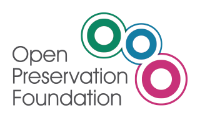 Open Preservation Foundation
Open Preservation Foundation
The Open Preservation Foundation (OPF) is an international not-for-profit membership organisation that sustains technology and knowledge for the long-term management of digital cultural heritage. The Foundation provides its members with reliable solutions to the challenges of digital preservation. http://openpreservation.org/
OPF’s membership comprises archives, libraries, research institutions, universities, and service providers that share a commitment to advancing digital preservation. Members steer the Foundation’s strategy and activities and benefit from exclusive or priority access to OPF interest groups, webinars, technical clinic and events, as well as support in adopting and using our open source software including JHOVE and veraPDF. Read more about the benefits of joining the OPF: http://openpreservation.org/about/join/
To discuss any aspects of the offer, or the respective member benefits, please contact Sam Meister (sam@educopia.org) or Becky McGuinness (becky@openpreservation.org).
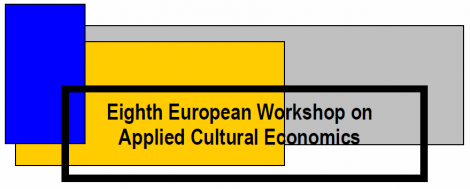






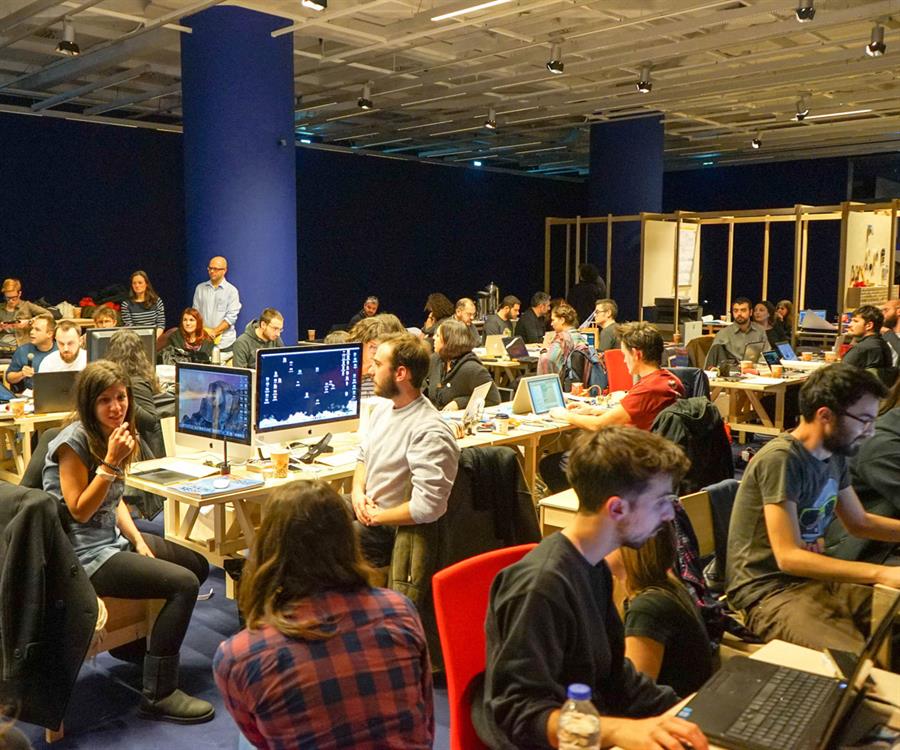

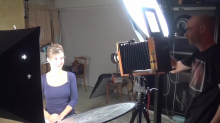
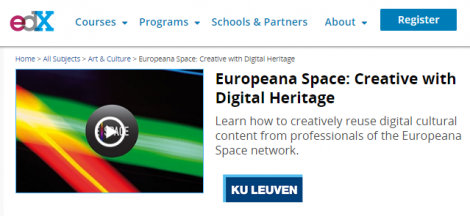

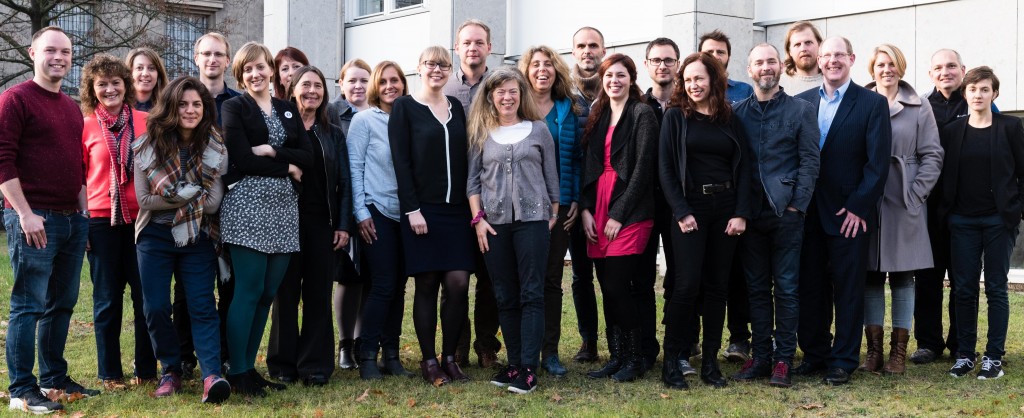
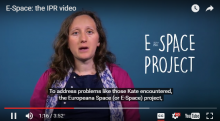
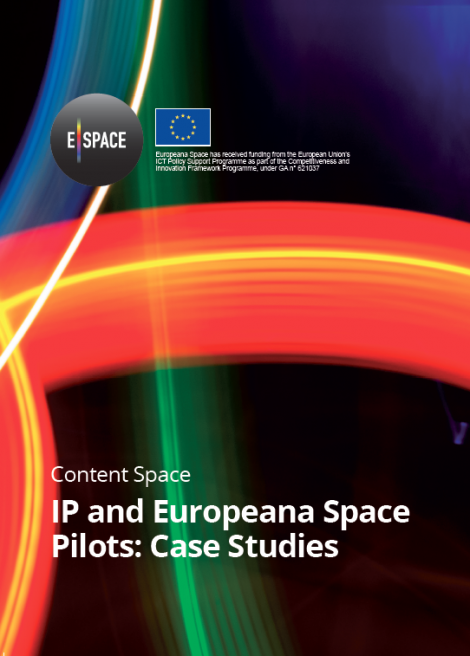 As a final outcome from the Content Space, we are happy to announce the arrival of the IP Case Studies booklet. This contains information regarding intellectual property right within the six Europeana Space Pilots (museums, TV, dance, open and hybrid publishing, photography and games). The booklet contains stories and lessons learnt during the project, the hackathons, the business modelling workshops and the incubation periods.
As a final outcome from the Content Space, we are happy to announce the arrival of the IP Case Studies booklet. This contains information regarding intellectual property right within the six Europeana Space Pilots (museums, TV, dance, open and hybrid publishing, photography and games). The booklet contains stories and lessons learnt during the project, the hackathons, the business modelling workshops and the incubation periods.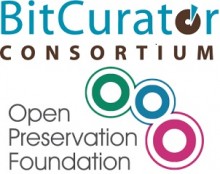
 BitCurator Consortium
BitCurator Consortium Open Preservation Foundation
Open Preservation Foundation